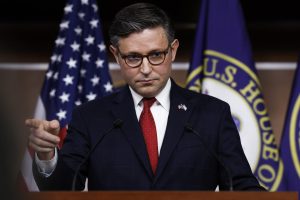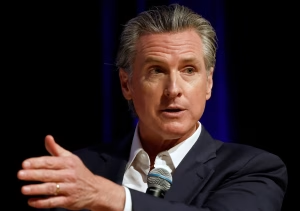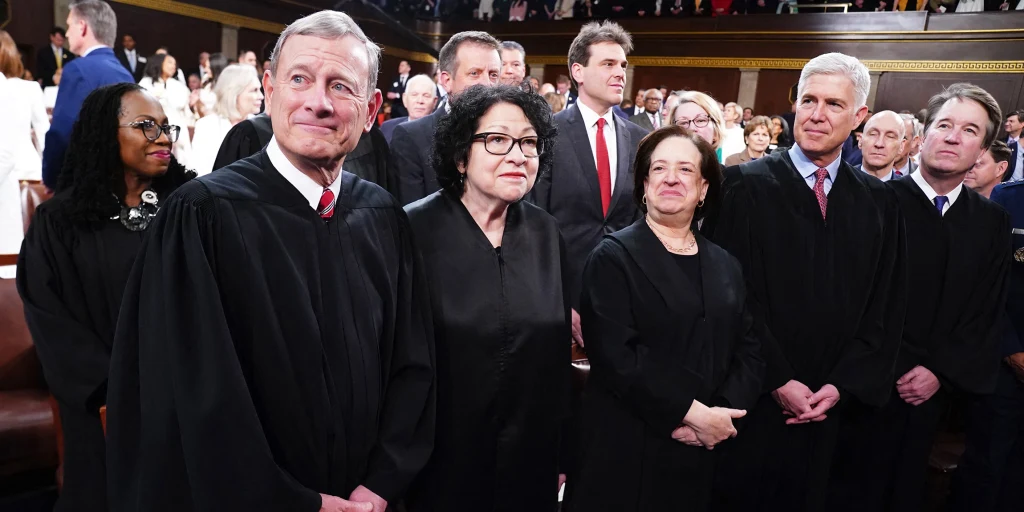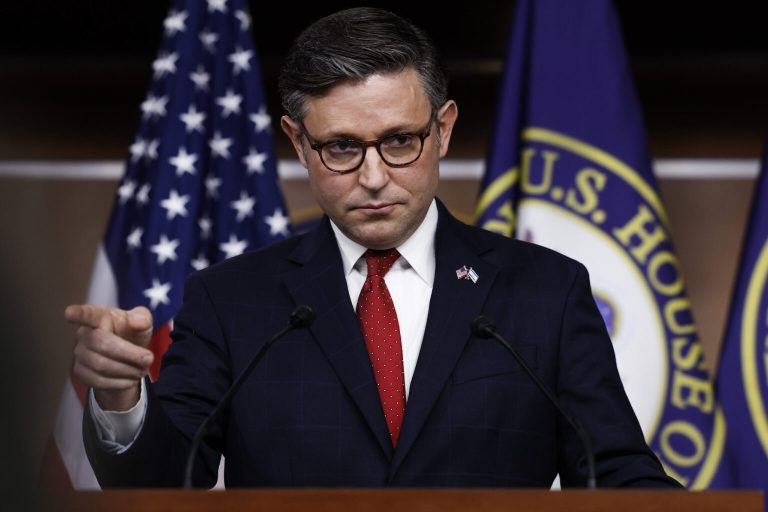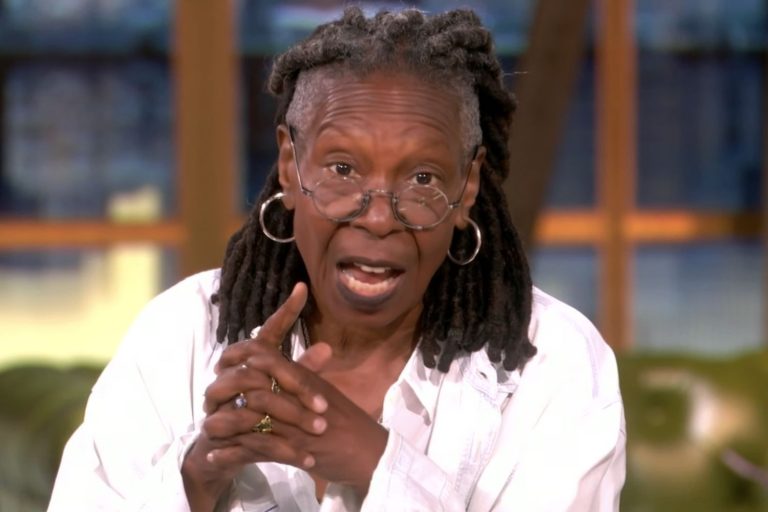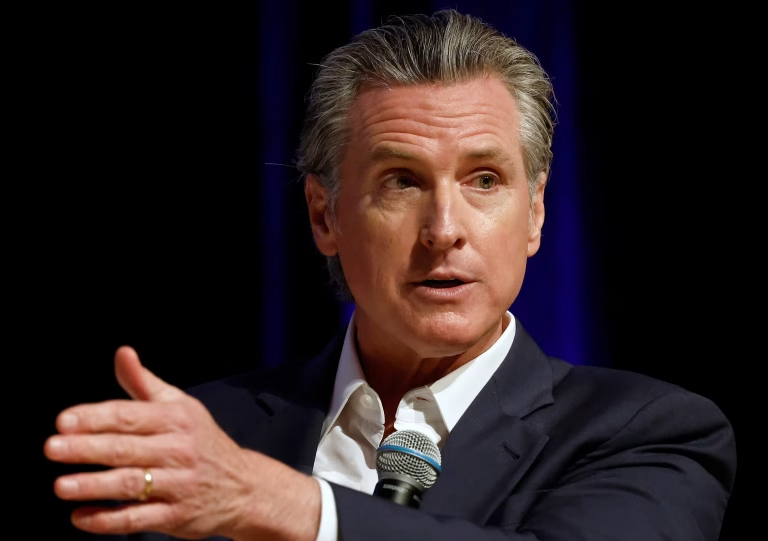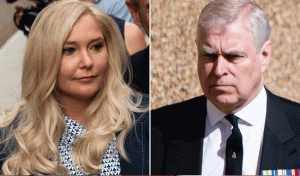The United States Supreme Court on Tuesday rejected an appeal from conspiracy theorist Alex Jones, leaving in place the $1.4 billion judgment against him over his false claims about the 2012 Sandy Hook Elementary School shooting. The decision closes another chapter in a long-running legal battle stemming from Jones’ repeated assertions that the shooting, which claimed the lives of 20 first graders and six educators in Newtown, Connecticut, was staged by “crisis actors.”
Jones, the founder and host of the Infowars media platform, had argued that a judge was wrong to find him liable for defamation and intentional infliction of emotional distress without holding a full trial on the merits of allegations lodged by the families of the victims. He contended that procedural errors had deprived him of his right to due process. The Supreme Court, however, issued its order without comment, leaving the lower court’s rulings intact. Notably, the families of the Sandy Hook victims were not asked to respond to the appeal before the Court’s decision.
Lawyers representing the families hailed the Supreme Court’s action as a long-awaited affirmation of accountability. Christopher Mattei, who represents multiple Sandy Hook families, called the rejection “the proper response to Jones’ latest desperate attempt to avoid responsibility for the harm he has caused.” He emphasized that enforcement of the jury’s historic verdict would continue, stating, “We look forward to making Jones and Infowars pay for the real-world consequences of their false and malicious claims.”
The defamation case against Jones began in earnest after he repeatedly broadcast conspiracy theories suggesting the massacre at Sandy Hook, one of the deadliest school shootings in American history, had been fabricated. His claims were widely circulated on Infowars and other platforms, and they inflicted severe emotional distress on the families of the victims. Some families reported being harassed by supporters of Jones’ theories, and the spread of misinformation compounded their trauma.
In 2021, a Connecticut judge issued a rare default judgment against Jones and his company, Free Speech Systems, citing repeated failures to comply with court orders and to turn over documents requested by the plaintiffs. This led to a jury determining the amount of damages Jones would owe. The jury awarded $964 million in compensatory damages, later augmented by $473 million in punitive damages, bringing the total to $1.437 billion. The punitive component was intended to punish Jones for his egregious conduct and to deter similar behavior in the future.
Jones has repeatedly claimed he cannot pay the judgment. During a recent broadcast, he mocked the scale of the award, asserting that his studio equipment, including cameras and production gear, was worth only around $304,000. He characterized the legal proceedings as harassment and claimed the courts were targeting him to silence Infowars. He also encouraged his audience to continue supporting his platform by purchasing merchandise, suggesting that fan contributions were critical to keeping the show operational.
In addition to the Connecticut case, Jones is appealing a separate $49 million defamation judgment in Texas connected to a different Sandy Hook lawsuit. In that case, the parents of a victim alleged that Jones had failed to comply with court-ordered document production. Both cases collectively highlight the extensive legal and financial consequences Jones faces as a result of spreading falsehoods about the tragedy.
The legal saga has also involved the attempted liquidation of Infowars’ assets. Last year, the satirical media outlet The Onion was named the winning bidder in a bankruptcy auction aimed at satisfying the defamation judgments. However, a bankruptcy judge later nullified the auction results, citing procedural issues with the sale. The effort to liquidate Jones’ assets has now moved to a Texas state court, where a receiver has been appointed to oversee the process. Some of Jones’ personal property has also been sold as part of the bankruptcy proceedings.
The Supreme Court’s refusal to hear Jones’ appeal reflects the judiciary’s recognition of the serious harm caused by deliberate misinformation campaigns. Legal experts note that the Court’s inaction effectively upholds the principle that public figures and media personalities can be held accountable for defaming private individuals, even in cases involving contentious and widely publicized events.
“This is a significant moment in the ongoing discussion about the limits of free speech and the responsibility that comes with public platforms,” said Professor Lisa Kern, a media law expert at Georgetown University. “While the First Amendment protects the expression of unpopular opinions, it does not protect the intentional spread of falsehoods that cause real harm to others. The courts have consistently reaffirmed that distinction in the Jones cases.”
Jones’ defense has consistently leaned on claims of political bias and alleged censorship. He argues that the legal system is being used to suppress dissenting voices and control the narrative around public tragedies. Legal observers, however, point out that Jones’ arguments fail to address the central issue: his claims about Sandy Hook were demonstrably false and inflicted measurable emotional distress on grieving families.
The Sandy Hook defamation cases have garnered national attention not only because of the large sums involved but also because they illustrate the dangers of misinformation in the digital age. Social media and alternative media platforms have amplified conspiracy theories, sometimes resulting in harassment, threats, and real-world consequences for victims and their families.
In addition to the civil lawsuits, Jones has faced scrutiny from lawmakers and advocacy groups regarding his role in promoting harmful content online. The Sandy Hook cases have become a touchstone in broader discussions about online accountability, the limits of platform immunity, and the societal impact of viral conspiracy theories.
The Supreme Court’s decision, while procedural, underscores the enduring principle that even high-profile media figures are not above the law when their statements cause demonstrable harm. Advocates for the families of Sandy Hook victims have hailed the ruling as a vindication of their pursuit of justice, emphasizing that accountability matters irrespective of fame or political affiliation.
For many of the victims’ families, the judgment represents more than just a financial settlement—it is a public acknowledgment of the pain and suffering they endured due to false claims about the tragedy. “This isn’t about money,” said one parent who wished to remain anonymous. “It’s about being heard and knowing that the truth matters. Jones’ lies made our grief worse, and this judgment confirms that lies have consequences.”
The case also raises questions about how future defamation claims might be addressed in an era where information spreads instantaneously online. Courts will likely continue to grapple with the tension between protecting free expression and preventing the intentional dissemination of false information that inflicts harm.
Jones’ bankruptcy filings have complicated enforcement of the judgment. Although he has claimed that collecting the full $1.4 billion is impossible, legal experts note that the courts have a range of mechanisms to pursue recovery, including the liquidation of assets, garnishment of income, and ongoing oversight by receivers in bankruptcy cases. While the full amount may not be immediately collectible, the legal precedent established by the verdict is significant.
“The message here is clear,” said Mattei, the families’ lawyer. “Spreading false and harmful conspiracy theories has consequences. There is accountability, and the law provides remedies for victims.”
As the Infowars founder continues to appeal smaller judgments and navigate bankruptcy proceedings, the Supreme Court’s refusal to intervene signals that his broader legal strategy may be exhausted at the highest level. Observers note that the ruling may deter other public figures from similar conduct, sending a cautionary signal about the dangers of reckless defamation in the age of digital media.
The Sandy Hook defamation cases mark a pivotal moment in American legal history, highlighting the intersection of free speech, accountability, and the responsibilities of public communicators. While Jones remains a polarizing figure, the outcomes of these cases reaffirm the principle that the First Amendment does not shield individuals from liability when they knowingly inflict harm on others through false statements.
For the families of the Sandy Hook victims, the Supreme Court’s action provides a measure of closure, even as the process of collecting damages and addressing ongoing appeals continues. The case underscores the enduring impact of misinformation, the necessity of holding media figures accountable, and the role of the judiciary in upholding justice for those wronged by false claims.

Emily Johnson is a critically acclaimed essayist and novelist known for her thought-provoking works centered on feminism, women’s rights, and modern relationships. Born and raised in Portland, Oregon, Emily grew up with a deep love of books, often spending her afternoons at her local library. She went on to study literature and gender studies at UCLA, where she became deeply involved in activism and began publishing essays in campus journals. Her debut essay collection, Voices Unbound, struck a chord with readers nationwide for its fearless exploration of gender dynamics, identity, and the challenges faced by women in contemporary society. Emily later transitioned into fiction, writing novels that balance compelling storytelling with social commentary. Her protagonists are often strong, multidimensional women navigating love, ambition, and the struggles of everyday life, making her a favorite among readers who crave authentic, relatable narratives. Critics praise her ability to merge personal intimacy with universal themes. Off the page, Emily is an advocate for women in publishing, leading workshops that encourage young female writers to embrace their voices. She lives in Seattle with her partner and two rescue cats, where she continues to write, teach, and inspire a new generation of storytellers.
